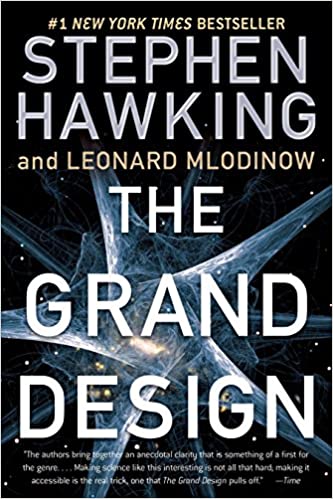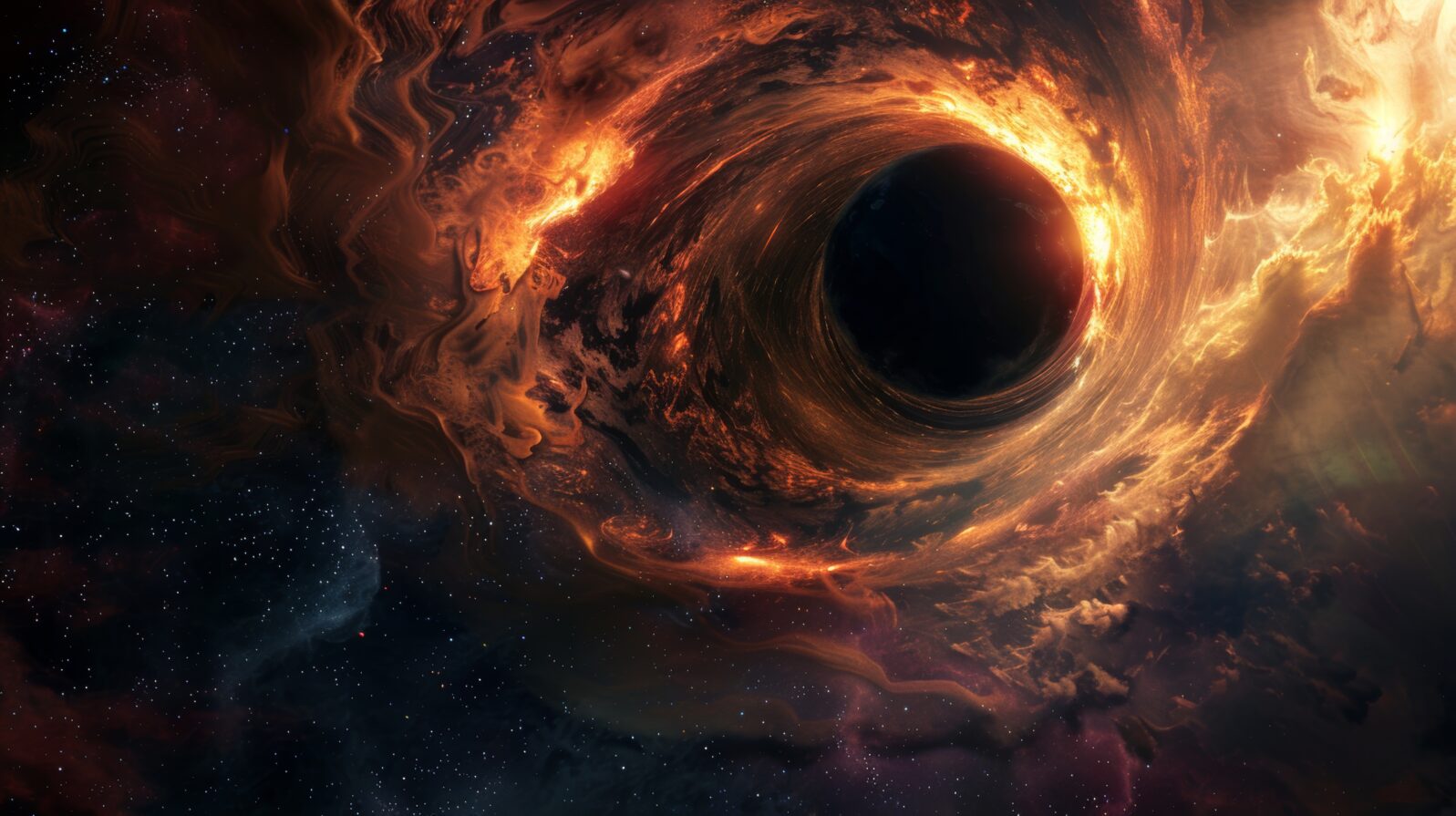Did Stephen Hawking End His Career by Giving Up on Truth?
A philosopher argues the case. But has the rejection of truth in physics spread widely into popular culture?Leibniz University philosopher Paul Hoyningen-Huene offers a stark account of why Stephen Hawking (1942–2018) gave up on a theory of everything (ToE). He accuses him of giving up on truth in his 2010 book with Leonard Mlodinow, The Grand Design:

In 2012 Stephen Hawking abandoned belief in the ability of science to describe reality, in favour of a model-dependent account of truth. We tend to think it is the job of scientists to discover truths about the universe. Yet, Hawking rendered this an impossible task and came to argue that truth is an illusion. For Hawking, in the end, there was no idea of reality that made any sense. All we have are our models.
“Why Stephen Hawking gave up on” a Theory of Everything, IAI.tv, October 10, 2024
But Hoyningen-Huene points out that Hawking is not alone in giving up on realism in science. Thomas Kuhn (1922–1996), who popularized the phrase “paradigm shift,” did so as well:
In philosophy of science, a very similar position was developed, since the 1960s, by physicist, historian, and philosopher of science Thomas S. Kuhn. For Kuhn, reality also contains mind-dependent elements very similar to Hawking’s, but he invokes the term “paradigm” to denote them. Kuhn more often employs the term “world” instead of “reality,” but means the same as Hawking when he says that there may be world changes due to a paradigm shifts. Even Kuhn’s further specification of what enters the respective conception of reality resembles Hawking’s; he also mentions mathematical models and something like semantic rules. However, I think that Hawking’s contribution to the debate is very valuable for two reasons. First, it adds a new variant to the family of non-realist positions that are in competition with one another regarding the precise nature of the mind-dependent ingredients of reality that supposedly do not attenuate the objectivity of objective reality. Second, it is important that such non-realist positions are not only developed by philosophers but also by physicists, who may be less under the suspicion of having utterly crazy ideas lacking all contact to reality. I personally think that a thoroughly realist understanding of science is untenable for various reasons, Hawking’s reason being one of them, because it is too optimistic regarding the scope and depth of human cognitive faculties. This forces us to develop alternatives, and this process is well underway. “Gave up on”
But what are the proposed alternatives to realism?
Hoyningen-Huene doesn’t elaborate further about the alternatives to realism in science but he offers more insight into on Hawking’s views:
Hawking is even more radical than what we have outlined above. When he says that “it is pointless to ask whether a model is real, only whether it agrees with observation” (61), he means more than just relativizing the concept of reality to models. He dismisses the concept of reality altogether as doing no work in and for science. So, in evaluating theories and models, Hawking urges us not to ask whether these theories or models represent reality (whatever that may mean exactly), but to get rid of the question altogether and only ask how well they agree with observation…
and
“Philosophy is dead. Philosophy has not kept up with modern developments in science, particularly physics.” After this bold assertion, he self-confidently adds: “Scientists have become the bearers of the torch of discovery in our quest for knowledge” “Gave up on”
Is there a relationship between rejection of realism in high physics and the war on math?
One topic I’ve covered a good deal here at Mind Matters News is the war on math, the war on biology, and the increasing acceptance of private truth (the view that truth is not something external; your truth is whatever you need it to be). Consider the possibility that private truth might be the lay version of the idea that we cannot know an independent reality.
Recent events provide food for thought:
● The recent World Economic Conference at Davos in Switzerland invited a witch doctor who offered incantations and hexed the stage. That was intended to demonstrate tolerance but note that it is not tolerance of the great religions or philosophies. It is tolerance of private truths (superstitions, really) about one’s ability to control nature using occult forces.
● A joint North American anthropology conference abruptly Canceled an all-female panel that was defending biological sex as a “necessary category” in the field.
● A biologist, Colin Wright, was kicked out of a National Institutes of Health event for making clear that he thinks that humans are sex binary. That’s biologically correct even if it is politically inconvenient.
● At the 2024 Olympics, it was made quite clear that science no longer has a seat at the High Table on the subject of sex (vs, “gender”).
Underlying these and many other incidents seems to be the idea that there isn’t really an independent reality; rather, we define reality for ourselves as we go along, and maybe change our definitions if we want.
If we go by how science got started and how it has been defined against other endeavors, none of this is likely to end well. For one thing, science achievements — as traditionally understood — may dwindle. But, of course, commentators won’t notice that if they are fixed on, say, social or political goals. One element of getting to choose our private realities and truths is that we need only notice or understand the significance of the things that we want to notice or understand. And that will cause achievements to dwindle even faster.
But then, maybe science has its seasons like everything else and has had its day in our culture.
